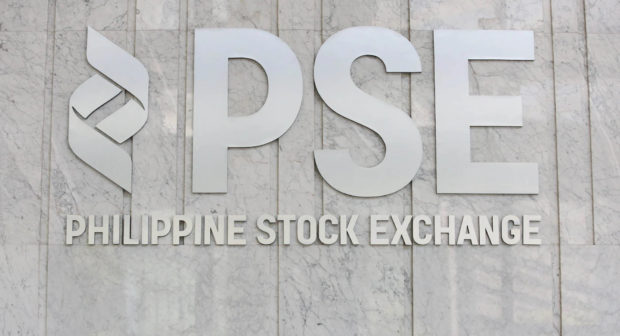The Philippine Stock Exchange (PSE) will be implementing stricter rules concerning voluntary delistings in response to a recent surge in companies going private during the market downturn. In December 2020, the PSE amended its guidelines amidst the COVID-19 pandemic, but is now revisiting them once again. This decision comes as prominent companies like Metro Pacific Investments Corp. and Holcim Philippines express their intentions to go private at lower valuations, which has resulted in dissatisfaction among minority stockholders. One significant change is the removal of the 95% ownership threshold required for a successful voluntary delisting. This implies that the proposed revisions by the PSE may increase the cost of delisting buyouts in certain cases to protect smaller investors. According to the draft guidelines, companies that wish to voluntarily delist but no longer meet the minimum public ownership rule must conduct a tender offer to all other stockholders and accept all tendered shares. Previously, the requirement was for principals to purchase at least 95% of the company’s shares to proceed with delisting. Additionally, firms planning to delist voluntarily must demonstrate that the buyout would result in a breach of the minimum public float rule, which ranges from 10% to 20% for most companies and 33.33% for real estate investment trusts. To address potential loopholes, the PSE stated that any mandatory tender offer would be regarded as compliant with the revised voluntary delisting rules, as long as it does not circumvent investor protection provisions. The exchange aims to streamline previous guidelines and is seeking public feedback until September 8, 2021. The simplified rules also clarify exit provisions for listed companies, as the PSE strives to attract more initial public offerings. Additionally, the PSE is proposing clearer rules for companies that have violated the minimum public ownership rule, which results in an automatic trading suspension of up to six months. During this period, firms can restore compliance or file a petition for voluntary delisting. Failure to do so will lead to automatic delisting, also known as involuntary delisting. Companies that have been automatically delisted in this manner are prohibited from applying for another public listing for five years. Furthermore, directors and principal officers of these companies are disqualified from becoming directors or principal officers of any company applying for listing within the same period following delisting.
Denial of responsibility! VigourTimes is an automatic aggregator of Global media. In each content, the hyperlink to the primary source is specified. All trademarks belong to their rightful owners, and all materials to their authors. For any complaint, please reach us at – [email protected]. We will take necessary action within 24 hours.


